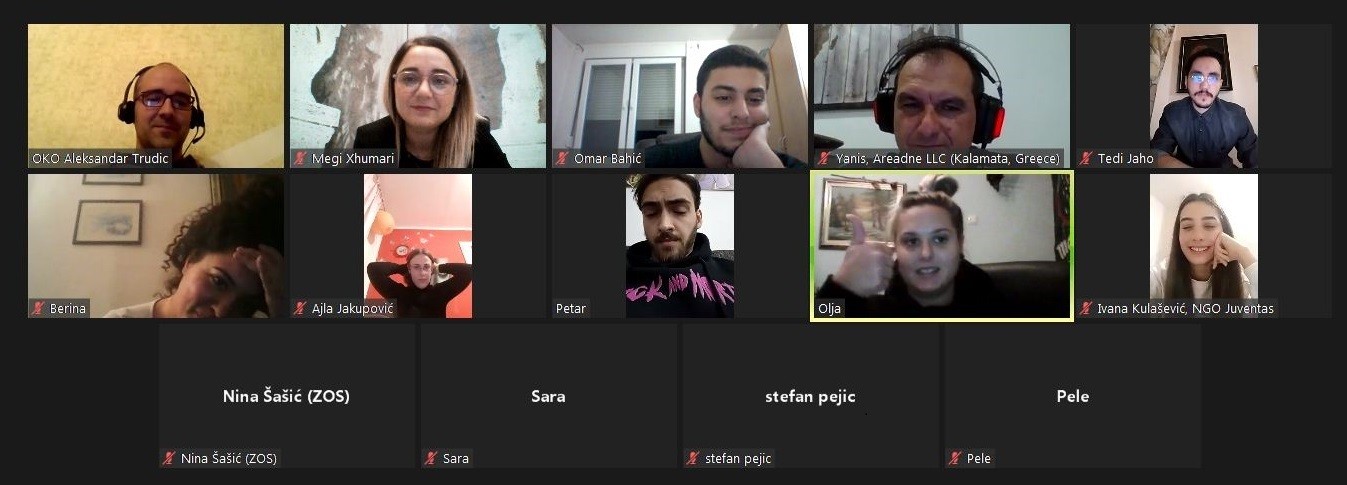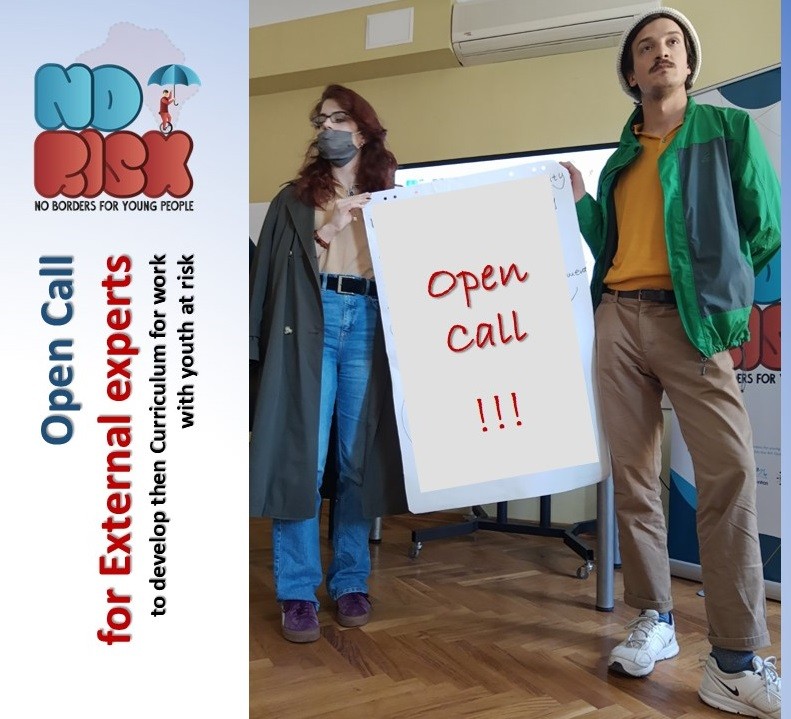Source: EMCDDA
The European Monitoring Centre for Drugs and Drug Addiction (EMCDDA) has launched European Prevention Curriculum (EUPC), the manual for decision – makers, opinion – makers and policy-makers in science based prevention on substance use, designed to train professionals who are involved in shaping prevention decisions, opinions and policies in Europe in the science-based prevention of substance use (1).
There has been much progress over the past 20 years, both in Europe and internationally, in developing responsible and evidence-based interventions in substance use prevention. Yet, prevention practices for which there is little, or no, evidence of effectiveness are still being implemented in school and community settings today. In the worst cases, poorly designed interventions may even cause harm.
The new handbook represents an important step towards achieving the agency’s goal, outlined in EMCDDA Strategy 2025, to support interventions to prevent drug use which are based on evidence. It provides practical overviews of a variety of topics (e.g. aetiology, epidemiology, monitoring and evaluation) as well as prevention in diverse settings (e.g. family, school, workplace, community, media and the broader environment).

The aim of the EUPC initiative is to implement a standardised prevention training curriculum in Europe and improve the overall effectiveness of prevention. Adapted from the Universal Prevention Curriculum by the EU-funded UPC-Adapt group, the handbook is based on international standards but with a European slant (2).
EMCDDA Director Alexis Goosdeel said: ‘I believe that Europe will greatly benefit from a professional prevention workforce that values prevention science, has the support of public institutions and is trained in, and knowledgeable about, approaches that are empirically tested and likely to yield results. The EUPC manual and training series aim to reduce the health, social and economic problems associated with substance use by strengthening the expertise of those who influence the development of prevention systems, cultures and activities in their regions.’
European Master Trainers – cascading knowledge on evidence-based prevention
This week, the EMCDDA joins forces with the EU-funded project ASAP training for quality in prevention to deliver the first EUPC ‘training of trainers’ course in Lisbon (3). Following two three-day training courses of this kind and a final exam, successful participants will gain the status of European Master Trainers.
The qualification will allow the trainers to cascade evidence-based prevention knowledge through courses in their own country and language. The new handbook forms the main reference material for EUPC training courses, which can be delivered in three forms: online introductory training; training for local or regional decision-, opinion- and policymakers (DOPs); and training in academic settings (future DOPs).
This week 29 participants from 11 countries will take part in the training, including two participants from Georgia and the Lebanon funded through the EU4Monitoring Drugs (EU4MD) project, launched by the EMCDDA earlier this year.

It is hoped that the EUPC manual and training courses will boost the application and spread of effective modern prevention approaches at local and regional level in Europe and facilitate well-informed choices about funding and implementation priorities.







